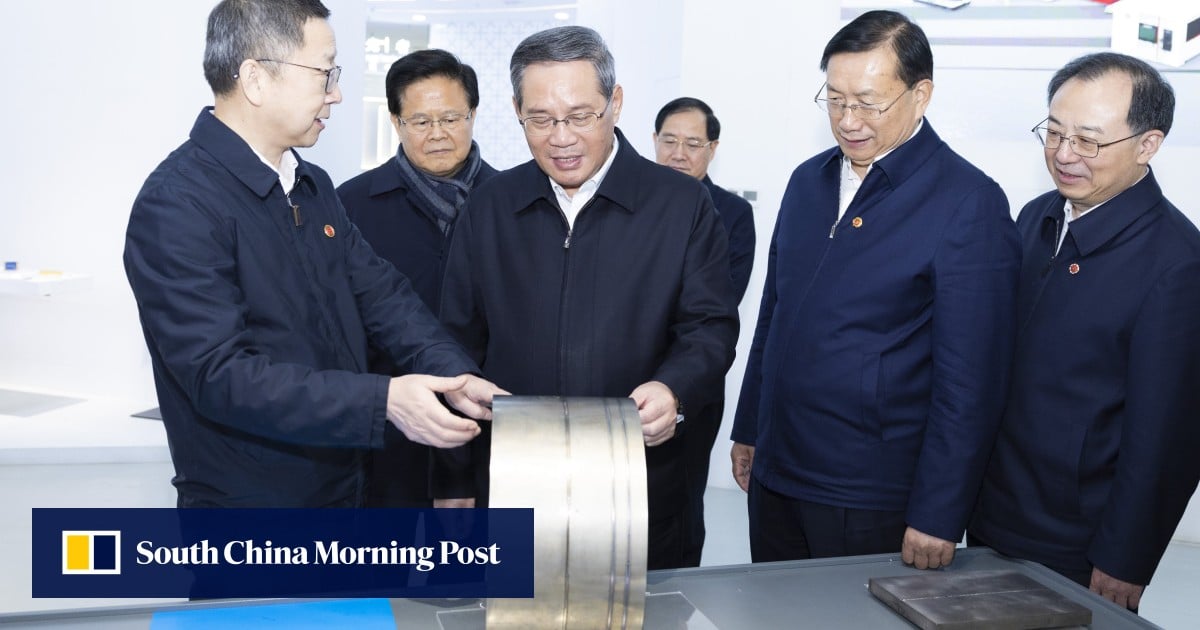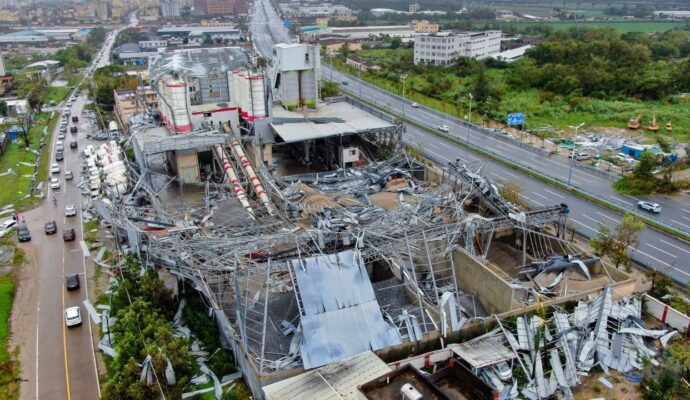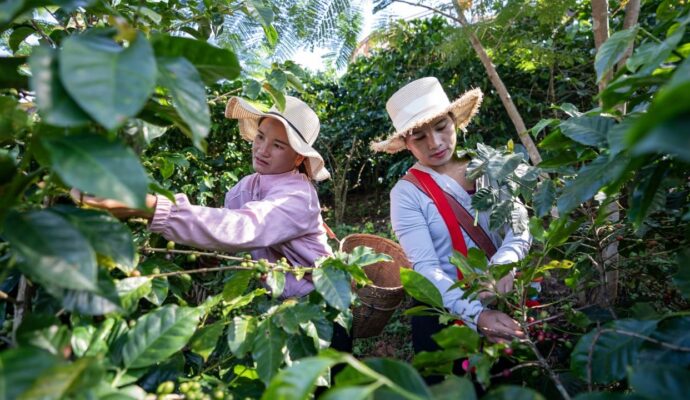
Premier Li Qiang pushed for “more and better” market applications of core technologies amid China’s self-reliance drive during a two-day tour of Hubei province this week, with the world’s second-largest economy in urgent need of stabilisation to quell investor concerns and lift market confidence.
“We must expedite the development of productivity driven by emerging technology, and kick-start a robust economic start of the year,” he said in a statement following the tour of the central province on Tuesday and Wednesday, according to the official Xinhua News Agency.
“We need to improve collaboration between academia and business, by introducing more precise and supportive measures, thus fluidly turning scientific research into market production,” the premier said after visiting HGLaser Engineering and semiconductor manufacturer Yangtze Memory Technologies Corporation (YMTC) in the provincial capital of Wuhan.
Time to open its doors wider, or will China fall into a middle-technology trap?
Time to open its doors wider, or will China fall into a middle-technology trap?
HGLaser introduced China’s first fully domestically produced chip-cutting machine in July, according to the WeChat account of Donghu New Technology Development Zone in Wuhan.
The home-grown BeiDou system, which is China’s equivalent to the US’ Global Positioning System (GPS), can be applied to agriculture, forestry and meteorology.
China, though, has long suffered from loose cooperation between academia, including universities and research institutes, and enterprises focused on market applications.
The cooperation issues include poor communication and insufficient resource sharing, which creates obstacles affecting the transformation of inventions in China.
‘Important milestone’: China’s GPS-like BeiDou navigation system hits new height
‘Important milestone’: China’s GPS-like BeiDou navigation system hits new height
As of the end of 2022, only 3.9 per cent of inventions at Chinese universities were industrialised, according to the latest data available by the China National Intellectual Property Administration, compared to around 50 per cent in the US.
Li also visited water conservancy projects and a chemical company focusing on green development in Yichang, as well as a battery industrial estate set up by Guangdong Brunp Recycling Technology, a subsidiary under China’s leading lithium battery maker, Contemporary Amperex Technology (CATL).
CATL is a supplier to several carmakers, including Tesla, BMW and Volkswagen.
The premier also encouraged companies to promote China’s sustainability by focusing on the circular economy to drive companies up the value chain.
The circular economy model seeks to minimise wasting resources and environmental impact by extending the life cycle of products.

